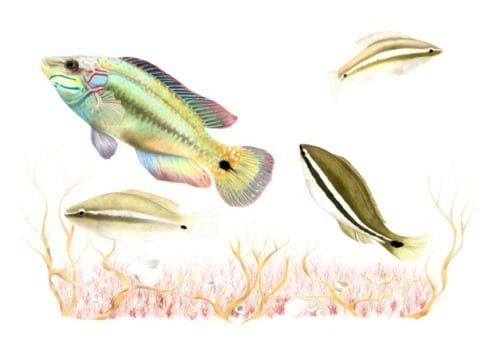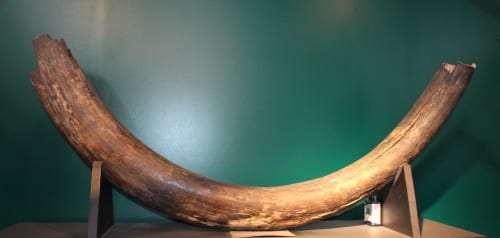Ordinary Animals and the genetics of being sexy
By Jack Ashby, on 9 November 2017
The Grant Museum’s current exhibition – The Museum of Ordinary Animals: The Boring Beasts that Changed the World - explores the mundane creatures in our everyday lives. Here on the blog, we will be delving into some of the stories featured in the exhibition with the UCL researchers who helped put it together.
Guest post by Professor Judith Mank (UCL Genetics, Evolution and Environment)

Dominant males have all the things that turkey hens want, including long snoods and vibrant wattles.
(Photo by Lupin on Wikimedia. CC BY-SA 3.0)
In all species, some individuals are simply better looking than others, and they have the right shape, colour or attitude that makes them irresistible to the opposite sex of their species. Scientists have generally assumed that good looks come primarily from good genes, but this presents an enigma: if only individuals with the best genes pass them on in every generation, those sexy genes should spread and soon the entire population should be equally attractive.
So… how is that unattractive genes persist in populations? Why doesn’t evolution wipe them out? (more…)
 Close
Close



